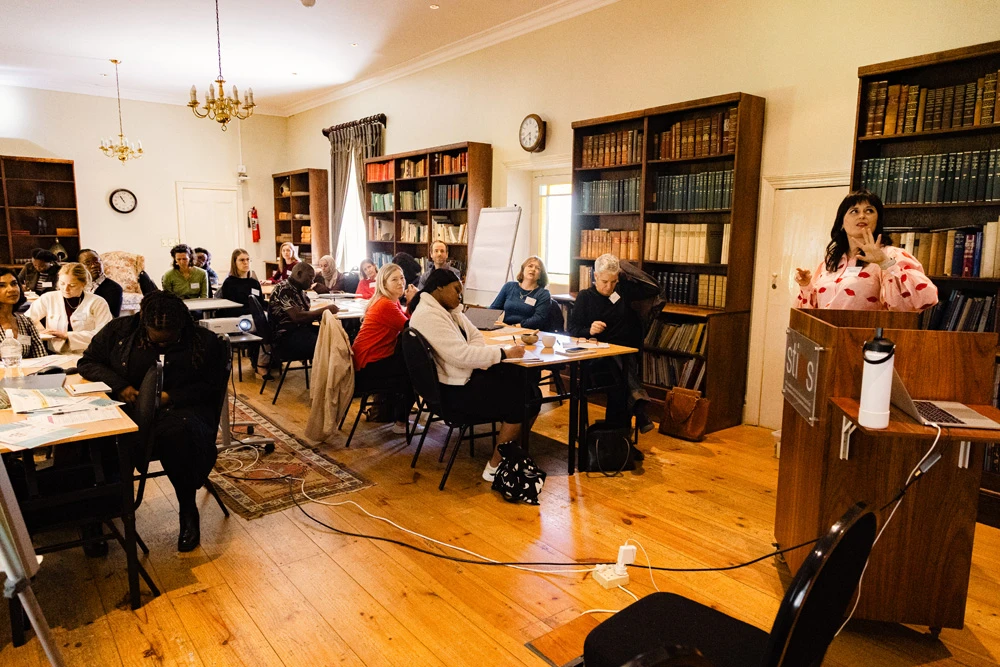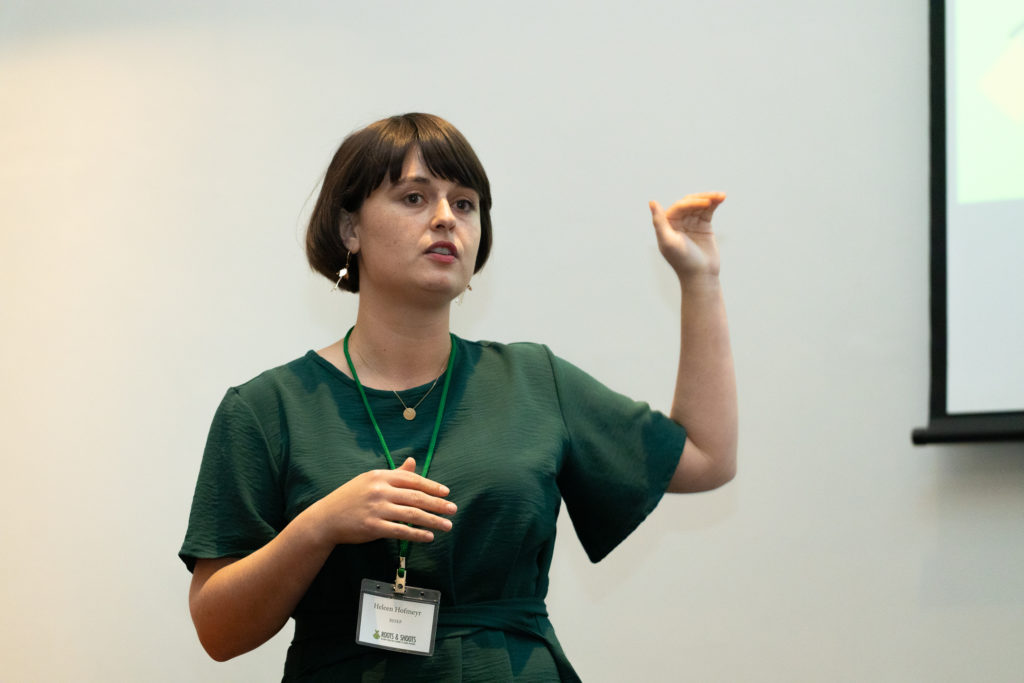
The evidence discussed in this brief confirms that learning losses in South Africa have been large. Covid-19 has disrupted South African education in significant ways, with enduring impacts for the system (including altered enrolment patterns) and for children’s development.
November 3, 2022 PDF







